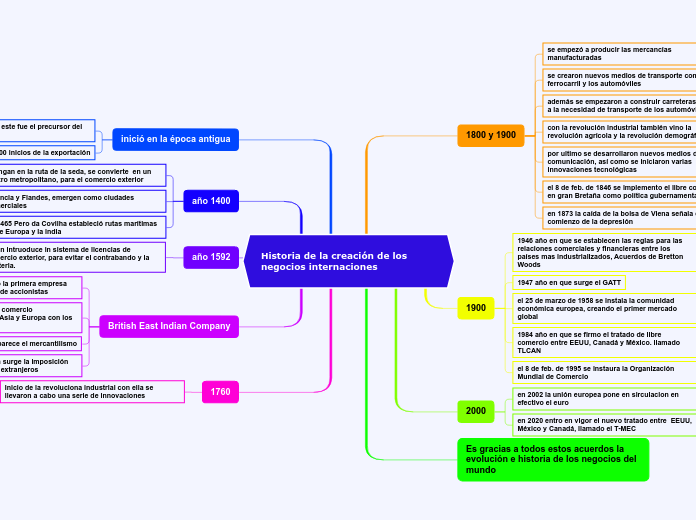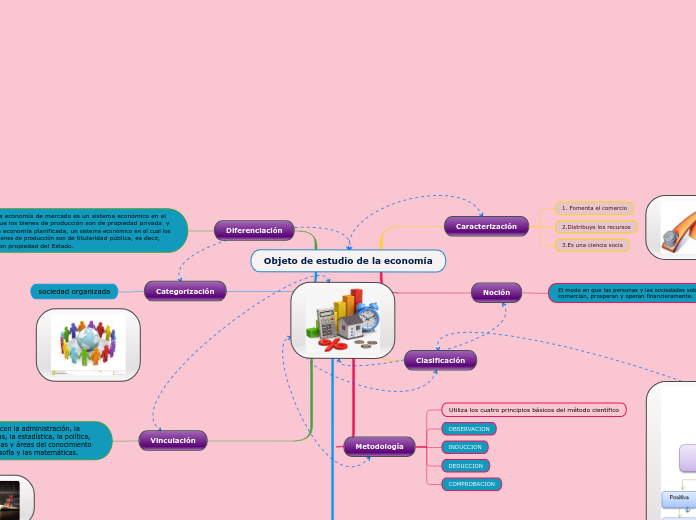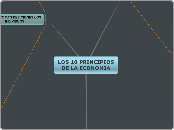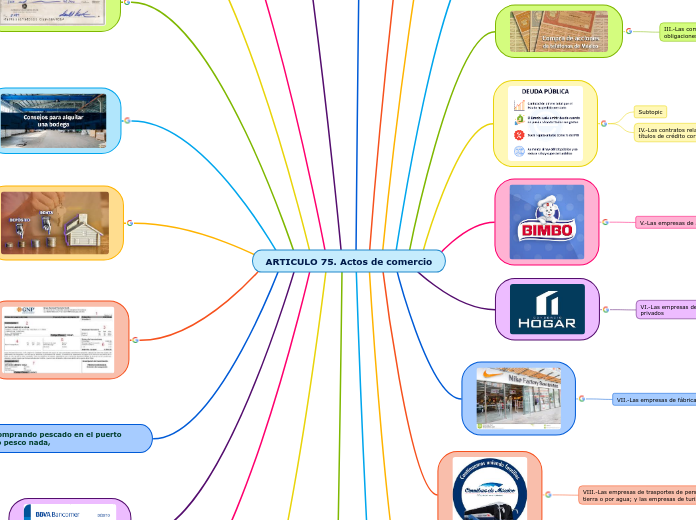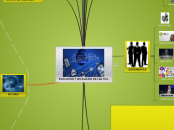Historia de la creación de los negocios internaciones
The part of speech is a category to which a word is assigned according to its syntactic functions. In English the main parts of speech are noun, pronoun, adjective, determiner, verb, adverb, preposition, conjunction, and interjection.
1760
A conjunction is a word like 'if' 'but' or 'and' which is used to connect sentences or clauses together.
Inicio de la revoluciona industrial con ella se llevaron a cabo una serie de innovaciones
Coordinating conjunctions always connect phrases, words, and clauses. They are: for, and, nor, but, or, yet, so.
This stew is savory and delicious.
British East Indian Company
A preposition is one of the most exciting parts of grammar. A preposition is used to describe the location of something in relation to something else.
con el mercantilismo también surge la imposición de aranceles a los productos extranjeros
Participle preposition consists of words that end in “ing”.
regarding, barring, concerning, considering, etc.
en 1601 aparece el mercantilismo
When a preposition consists of more than one word, it is called double preposition.
into, within, upto etc.
entre 1600 y 1700 se inicia el comercio transatlántico entre américa, Asia y Europa con los barcos de vapor
Compound preposition consists of two or more words.
on behalf of, according to, in front of, from across, etc.
el 31 de dic. de 1600 se fundo la primera empresa internacional con aportación de accionistas
When a preposition consists of one word it is called single or simple preposition.
in, at, on, to for, of, from, up, after, over, under, with, etc.
año 1592
An interjection is used to express emotion in a sentence.
Think of other interjections!
japon intruoduce in sistema de licencias de comercio exterior, para evitar el contrabando y la pirateria.
año 1400
An adverb is used to describe a verb, but it can also describe an adjective or another adverb.
Adverbs normally help paint a fuller picture by describing how something happens.
en 1465 Pero da Covilha estableció rutas marítimas entre Europa y la india
Just, Afterward, Soon, Currently
valencia y Flandes, emergen como ciudades comerciales
Always, usually, Never
changan en la ruta de la seda, se convierte en un centro metropolitano, para el comercio exterior
Carefully, Slowly
inició en la época antigua
A numeral is a word or phrase that describes a numerical quantity.
Some theories of grammar use the word 'numeral' to refer to cardinal numbers that act as a determiner to specify the quantity of a noun, for example the 'two' in 'two hats'.
año 1200 inicios de la exportación
One, two..
año 1000 D.C. El trueque, este fue el precursor del comercio
First, second..
Es gracias a todos estos acuerdos la evolución e historia de los negocios del mundo
An article is a word used to modify a noun, which is a person, place, object, or idea. Technically, an article is an adjective, which is any word that modifies a noun.
2000
An adjective is a word that's used to describe a specific noun and to provide more detail to the listener.
en 2020 entro en vigor el nuevo tratado entre EEUU, México y Canadá, llamado el T-MEC
en 2002 la unión europea pone en sirculacion en efectivo el euro
Superlative adjectives demonstrate a higher level of comparison between entities.
She is the prettiest princess.
1900
A noun is defined as a person, place, thing or idea. Proper nouns always begin with a capital letter. Common nouns, which are general words, such as 'cars,' are not capitalized.
el 8 de feb. de 1995 se instaura la Organización Mundial de Comercio
1984 año en que se firmo el tratado de libre comercio entre EEUU, Canadá y México. llamado TLCAN
el 25 de marzo de 1958 se instala la comunidad económica europea, creando el primer mercado global
1947 año en que surge el GATT
1946 año en que se establecen las reglas para las relaciones comerciales y financieras entre los países mas industrializados, Acuerdos de Bretton Woods
Countable nouns are nouns that can be counted, even if the number might be extraordinarily high.
Uncountable nouns are nouns that come in a state or quantity which is impossible to count; liquids are uncountable, as are things which act
like liquids.
Cats, Rain
1800 y 1900
A verb is an action word or 'doing' word that signifies movement in some way.
en 1873 la caída de la bolsa de Viena señala el comienzo de la depresión
el 8 de feb. de 1846 se implemento el libre comercio en gran Bretaña como política gubernamental
por ultimo se desarrollaron nuevos medios de comunicación, así como se iniciaron varias innovaciones tecnológicas
An auxiliary verb helps the main (full) verb and is also called a 'helping verb.' With auxiliary verbs, you can write sentences in different tenses, moods, or voices.
You have been practicing hard.
con la revolución industrial también vino la revolución agrícola y la revolución demográfica
A participle is a verb form that can be used as an adjective or to create a verb tense. There are two types of participles: Present participle (ending -ing) and Past participle (usually ending -ed, -d, -t, -en, or -n).
The winning athlete gets a trophy.
además se empezaron a construir carreteras debida a la necesidad de transporte de los automóviles
A modal is a type of auxiliary (helping) verb that is used to express: ability, possibility, permission or obligation. The main modal verbs in the English language are: can, could, may, might, must, shall, should, will, would.
I might go to the park if I get my homework done.
se crearon nuevos medios de transporte como el ferrocarril y los automóviles
A linking verb connects the subject with a word that gives information about the subject, such as a condition or relationship.
You look exhausted after studying all night.
se empezó a producir las mercancías manufacturadas
A verb with its own meaning: a verb that is not an auxiliary verb.
Create sentences
They have it.
